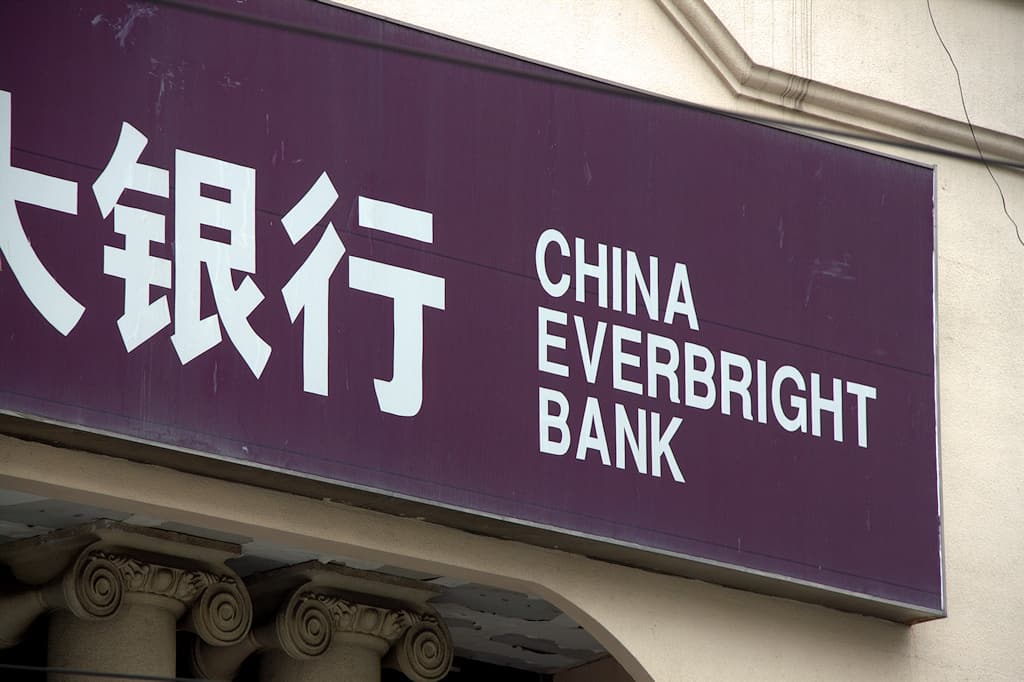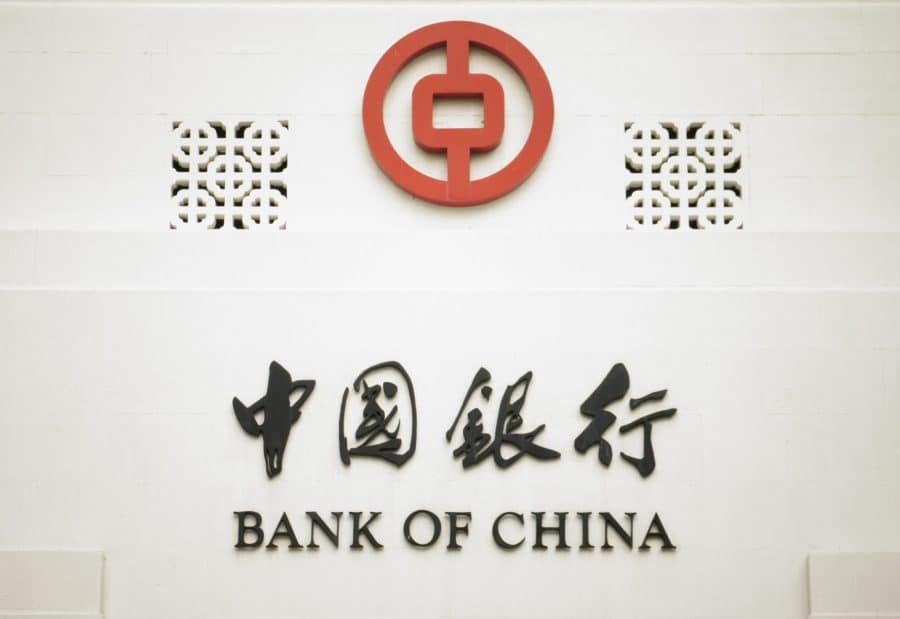Bank of China (BOC) has put together a compensation plan for clients of the state-owned lender who sustained heavy losses on its oil futures products.
According to a report from money.163.com on 5 May BOC contacted some of its clients who lost money on its Crude Oil Treasure product with offers of a compensation plan
The compensation would involve BOC bearing losses up until the deposit amount of clients, and providing compensation for 20% of their positions as of 22:00 20 April – the day when crude oil prices plunged into negative territory and led to heavy losses for investors.
While BOC also issued a public announcement about Crude Oil Treasure losses on 5 May, it did not contain any mention of compensation.
Hundreds of BOC’s retail investors lost around 600 million yuan (approx. $85 million) in total after placing bets on West Texas Intermediate via its Crude Oil Treasure instrument, just prior to the commodity’s plunge into negative territory on 20 April.
BOC’s “Crude Oil Treasure” product enabled China’s domestic investors to tap West Texas Intermediate oil futures without the need to launch an offshore account. The product did not permit leverage and required 100% margin.
The losses have reportedly prompted up to 1000 burnt BOC customers to seek legal advice in relation to pursuing a class action against the big state-owned bank, for full recovery of principal due to invalidity of contract.
Chinese authorities have also stepped up warnings in relation to sale of similar instruments to retail investors.
On 30 April the China Banking and Insurance Regulatory Commission (CBIRC) said with regard to the Crude Oil Treasure scandal that it was “paying close attention to this risk incident,” and “in the first instance has requested that Bank of China resolve the matter in accordance with laws and regulations, engage in equal negotiation with customers, promptly respond to concerns, and pragmatically protect the lawful rights and interests of customers.”
CBIRC also required that BOC “strictly manage products, strengthen risk controls and raise emergency management capability for irregular market fluctuations.”
The Crude Oil Treasure was rated an “R3” on a five-step scale from R1 to R5 for wealth management products in China, meaning that it did not provide principal guarantees.
R3 products can be used for investment in low-volatility financial products such as bonds and interbank deposits, as well as allocate up to 30% of funds to stocks, forex and other high-volatility products.
Bank of China said in a media report dating from 2018 that the Crude Oil Treasure was “highly suitable to investors who have just come into contact with the crude oil market,” triggering scrutiny in China over whether or not the product was appropriate for clients.
Related stories
Bank of China Calls for CME Probe into Crude Oil Futures Debacle
Bank of China Investors Seek to Sue Bank over $85 Million in Crude Oil Losses
Bank of China Customers Lose $85 Million on Crude Oil Speculation




